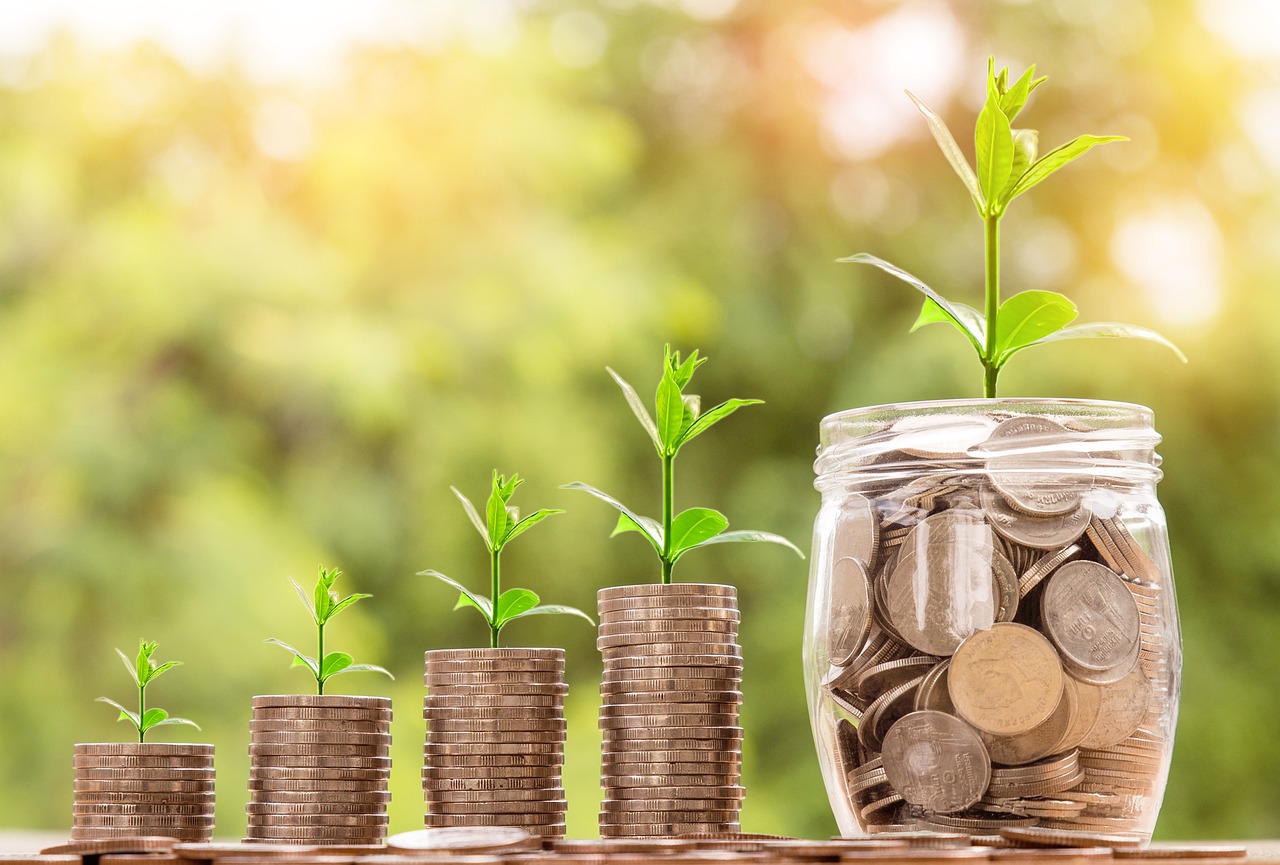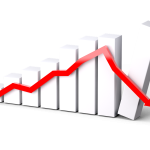Saving money is earning money. A Fixed Deposit, popularly known as FD, is one of the most reliable methods to do that. It has immense benefits. A few include:
- Amount of your choice
- A fixed and predetermined rate of interest
- Low risk
- Assured returns
- Wide range of periods of investment - from a minimum of 7 to 14 days to a maximum of 10 years
- Banking, non-banking financial companies (NBFCs), and India Post Office offer this investment option
So, how does an FD work? When you give a lumpsum amount to the institution of your choice for a fixed period, that institution uses it for various purposes.
A fixed deposit may be compared to a loan to a bank or a non-banking finance company (NBFC). When you invest in a fixed deposit, the financial institution gives you a guarantee that you that it will return your money at the end of the decided period, often known as the maturity period, and will also pay you interest. The bank may use your cash and lend it to further borrowers, who will be charged interest. You receive a percentage of this interest.
Depending on your choice, the interest you earn can be either paid at maturity or on a recurring basis. You are permitted to take the money out once it matures, but you must pay a fine if you choose to do so.
Fixed deposits come with their fair share of risks. For example, all the money you’re trying to save is taxable. Only senior citizens are exempted from taxation under Section 80TTB. A 7% FD may only actually offer you 4.9% earnings if you are in the 30% tax bracket because of rising inflation.
Another risk is inflation itself. Inflation matlab - cheezo ke daam badna. Iss liye, if you have say, invested fifty thousand for five years, the value of that amount will be different after that period. Aaj ke taarek mein jo Rs. 50,000 ka value hai, woh paanch saalo ke baad, will be less. When you are investing, take into consideration this factor too. Phir bhi, people in India widely use this investment option to save money as the risks here are lower than other investment options like investing in stock trading.
There are different kinds of fixed deposits that give you the freedom of choice. In Part 2 you can learn all about the types of fixed deposits. It will give you a fair idea of what suits you best to invest in.







